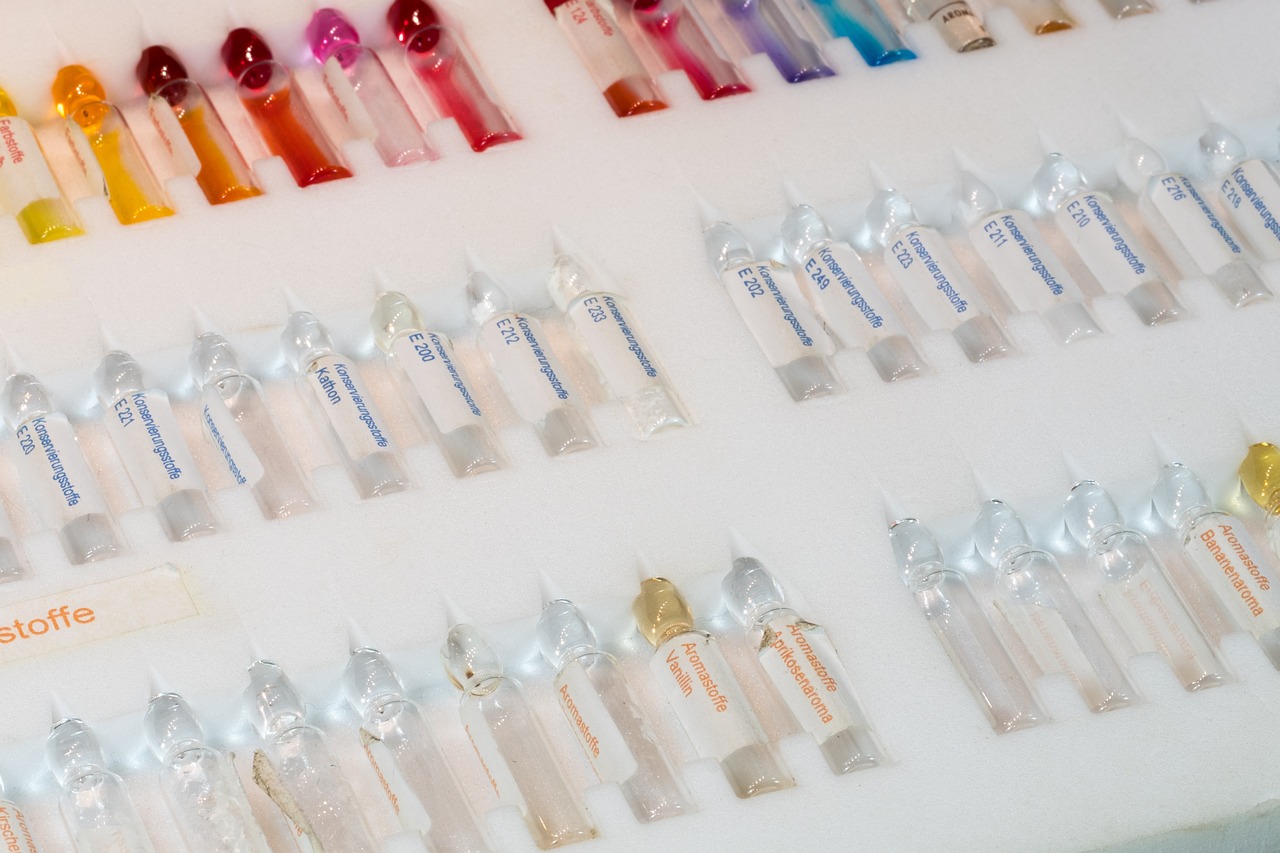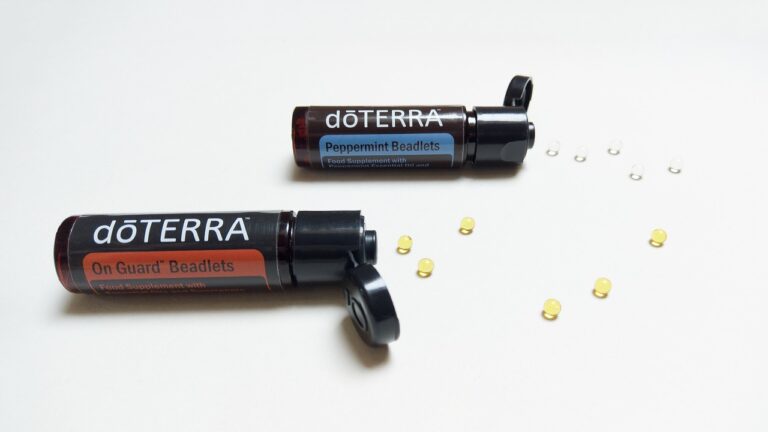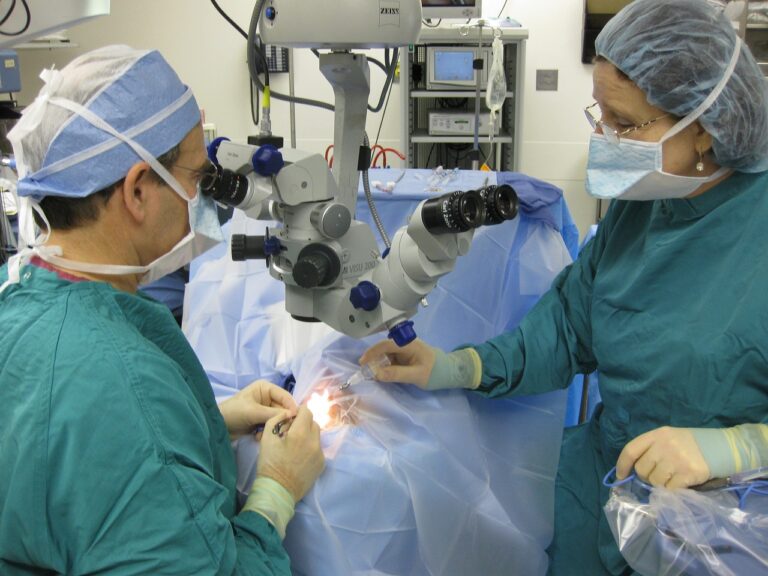The Impact of Environmental Toxins on Fertility
betbhai99, radhe exchange download apk, 99 exchange login: Environmental toxins can have a significant impact on fertility in both men and women. These toxins are found in everyday items such as plastics, pesticides, and pollutants in the air we breathe. The effects of these toxins on reproductive health are a growing concern as more research is conducted on the topic.
What are environmental toxins?
Environmental toxins are substances that are harmful to human health and the environment. These toxins can come from a variety of sources including pollution, pesticides, heavy metals, and chemicals found in everyday products such as plastics and personal care items. Exposure to these toxins can have detrimental effects on our bodies, including fertility.
How do environmental toxins affect fertility?
Environmental toxins can impact fertility in several ways. For women, exposure to toxins can disrupt hormone levels, leading to irregular menstrual cycles, ovulation issues, and even early menopause. In men, toxins can affect sperm quality and quantity, leading to issues with infertility.
Some environmental toxins can also contribute to conditions such as endometriosis and polycystic ovary syndrome (PCOS) in women, both of which can impair fertility. In men, exposure to toxins can lead to reduced sperm motility, morphology, and overall sperm count.
What are some common environmental toxins that can affect fertility?
1. Bisphenol A (BPA): Found in plastics and lining of food cans, BPA can disrupt hormone levels and affect fertility in both men and women.
2. Pesticides: Exposure to pesticides, commonly found on conventionally grown fruits and vegetables, can impact fertility by disrupting hormone levels and affecting reproductive organs.
3. Heavy Metals: Lead, mercury, and cadmium are examples of heavy metals that can affect fertility by damaging reproductive organs and interfering with hormone production.
4. Phthalates: Found in plastics, personal care products, and fragrances, phthalates can disrupt hormone levels and impact fertility in both men and women.
5. Air Pollution: Pollutants in the air we breathe can affect fertility by causing inflammation and oxidative stress in the body, leading to reproductive issues.
How can you reduce your exposure to environmental toxins?
1. Eat organic: Choose organic fruits and vegetables to reduce exposure to pesticides.
2. Use glass or stainless steel containers: Avoid using plastics that contain BPA or phthalates for food and drink storage.
3. Filter your water: Install a water filter to reduce exposure to heavy metals and other contaminants in your drinking water.
4. Use natural personal care products: Look for products that are free from phthalates, parabens, and other harmful chemicals.
5. Avoid smoking and secondhand smoke: Cigarette smoke contains harmful toxins that can affect fertility in both men and women.
6. Limit exposure to air pollution: Stay indoors on days when air quality is poor and consider using an air purifier in your home.
FAQs
1. Can environmental toxins cause permanent damage to fertility?
Yes, some environmental toxins can cause permanent damage to fertility if exposure is prolonged and severe. It is essential to take steps to reduce exposure to these toxins to protect reproductive health.
2. How long does it take for the body to detoxify from environmental toxins?
The detoxification process varies depending on the toxin and individual factors such as overall health and exposure levels. It can take anywhere from a few days to several weeks for the body to eliminate toxins.
3. Are there any supplements that can help support fertility in the face of environmental toxins?
Certain supplements such as antioxidants, vitamin E, and selenium can help support fertility by reducing oxidative stress and inflammation caused by environmental toxins. It is essential to consult with a healthcare provider before starting any new supplement regimen.
In conclusion, environmental toxins can have a significant impact on fertility in both men and women. By taking steps to reduce exposure to these toxins, such as eating organic, using natural products, and avoiding pollutants, individuals can protect their reproductive health and increase their chances of conceiving. It is essential to be mindful of the sources of these toxins and take proactive measures to safeguard fertility for future generations.







